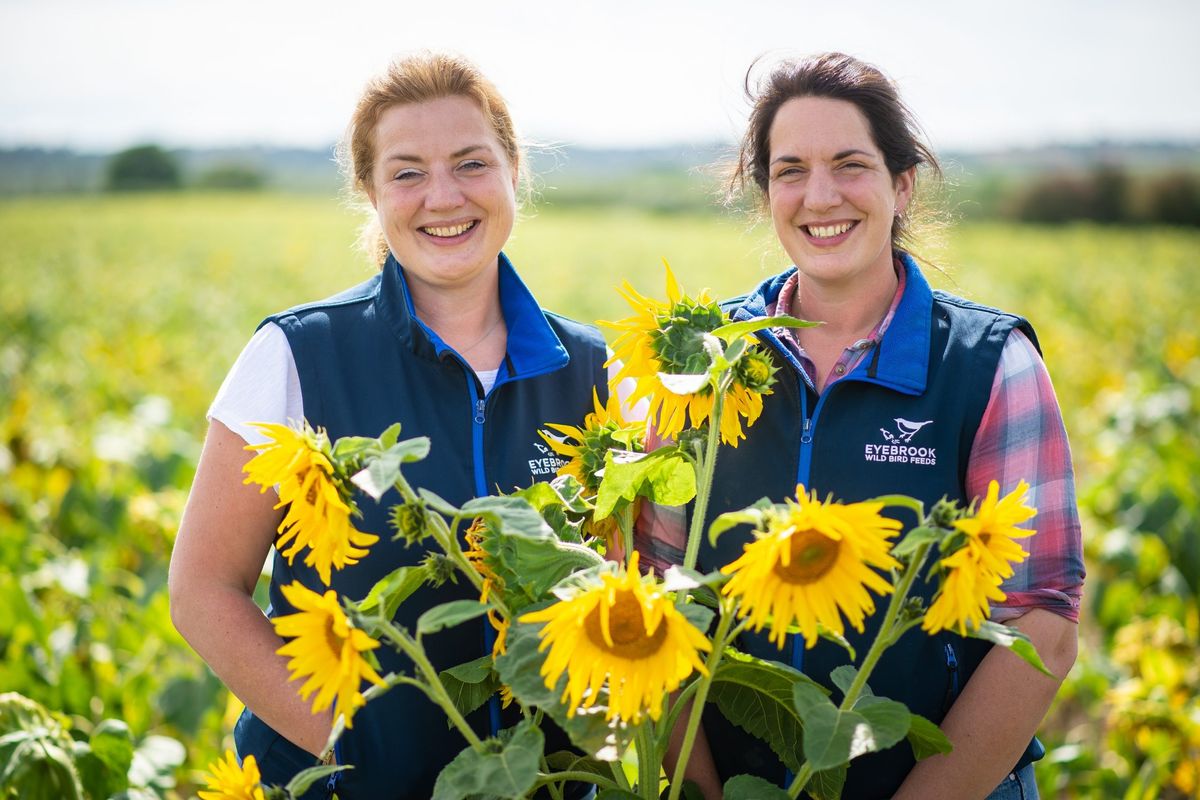The Weetabix Food Company has committed to setting out a roadmap that will enable it to produce its first box of zero-carbon Weetabix Original. The roadmap will draw on the results of carbon footprint studies that the company is undertaking with its farmers to explore the different factors contributing to carbon emissions associated with producing their wheat.
The first study – completed this year with 17 of its top farmers who produce a third of the wheat supplied to make Weetabix biscuits – reveals that their greenhouse gas emissions for the 2021 harvest were likely to have been between 40 per cent and 50 per cent lower than the standard emission factors for UK wheat production used in previous calculations.
Weetabix has formed a collective of British farmers all located within 50 miles of its Northamptonshire factory to grow the best quality wheat for its products. Since it was set up in 2010, the Growers’ Group has involved over 350 local farmers growing approximately 75,000 metric tonnes of wheat each year across more than four million acres – equivalent to almost 3,000 football pitches.

Working with Map of Ag, a global data platform that provides insights to the agriculture industry, Weetabix were able to help some of the farmers within its Growers’ Group collect carbon footprint data more easily and provide accurate information that enabled them to look carefully at their processes. The farmers also demonstrated high nitrogen use efficiency, resulting in lower impacts on air and water quality.
Following the success of the first carbon footprint study, Weetabix is repeating the assessment with more farmers over the next several years with the goal to source carbon neutral wheat. It will also work with smaller groups of pioneer growers to evaluate new technologies, such as precision nitrogen applications and soil assessments, to accelerate its carbon reduction strategy.
News of the carbon footprint studies is included in the Weetabix Company’s 2022 Sustainability Report published this week, which describes the progress it is making across the four key pillars within its "Change for Better" sustainability programme: 1) Sustainable Ingredients, 2) Low-impact Packaging, 3) Efficient Operations and 4) Health and Wellbeing.
Highlights from the 2022 report include a milestone achievement of Weetabix Original biscuits’ paper wrap now being recyclable, with the goal of having 100 per cent of packaging recyclable in the UK in November 2022. As a result of packaging changes, the company has reduced its carbon footprint by 648.4 tonnes per year.


